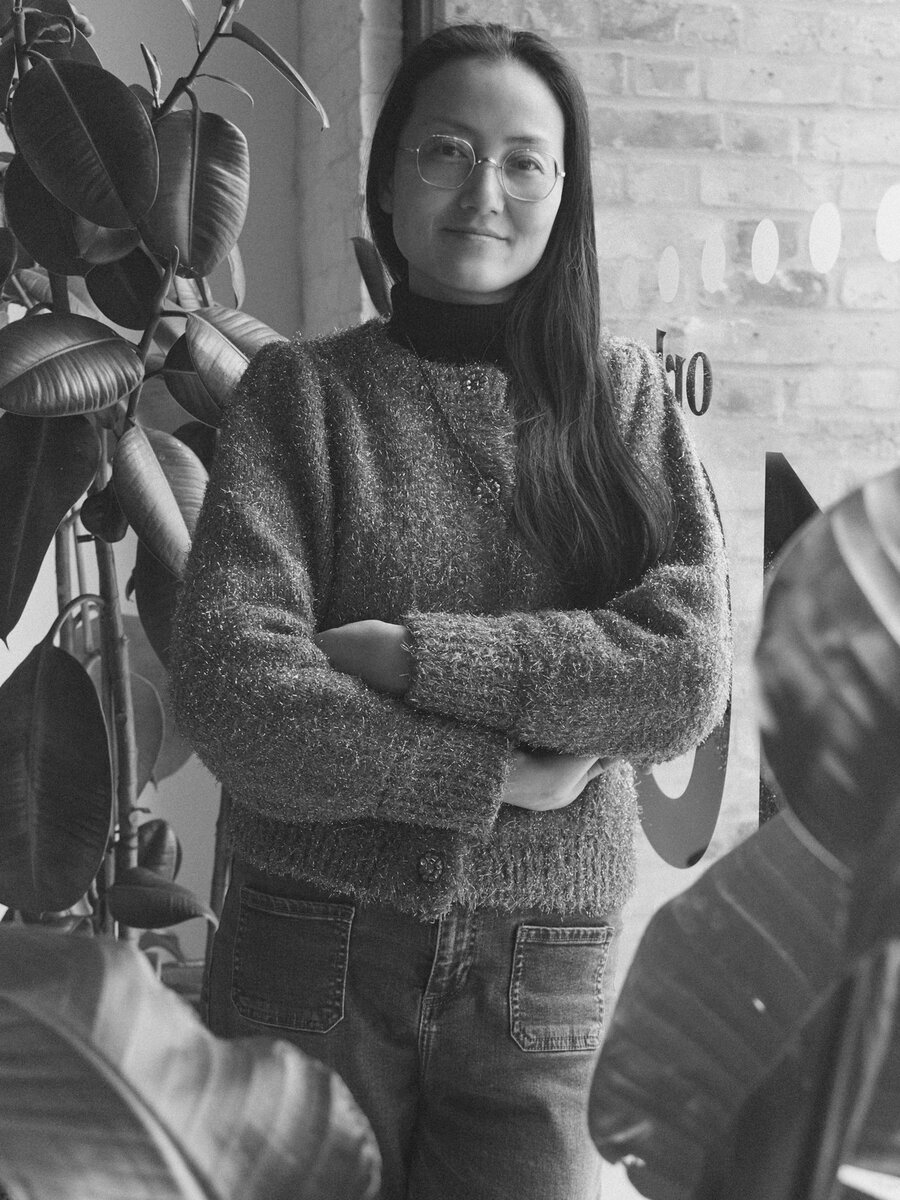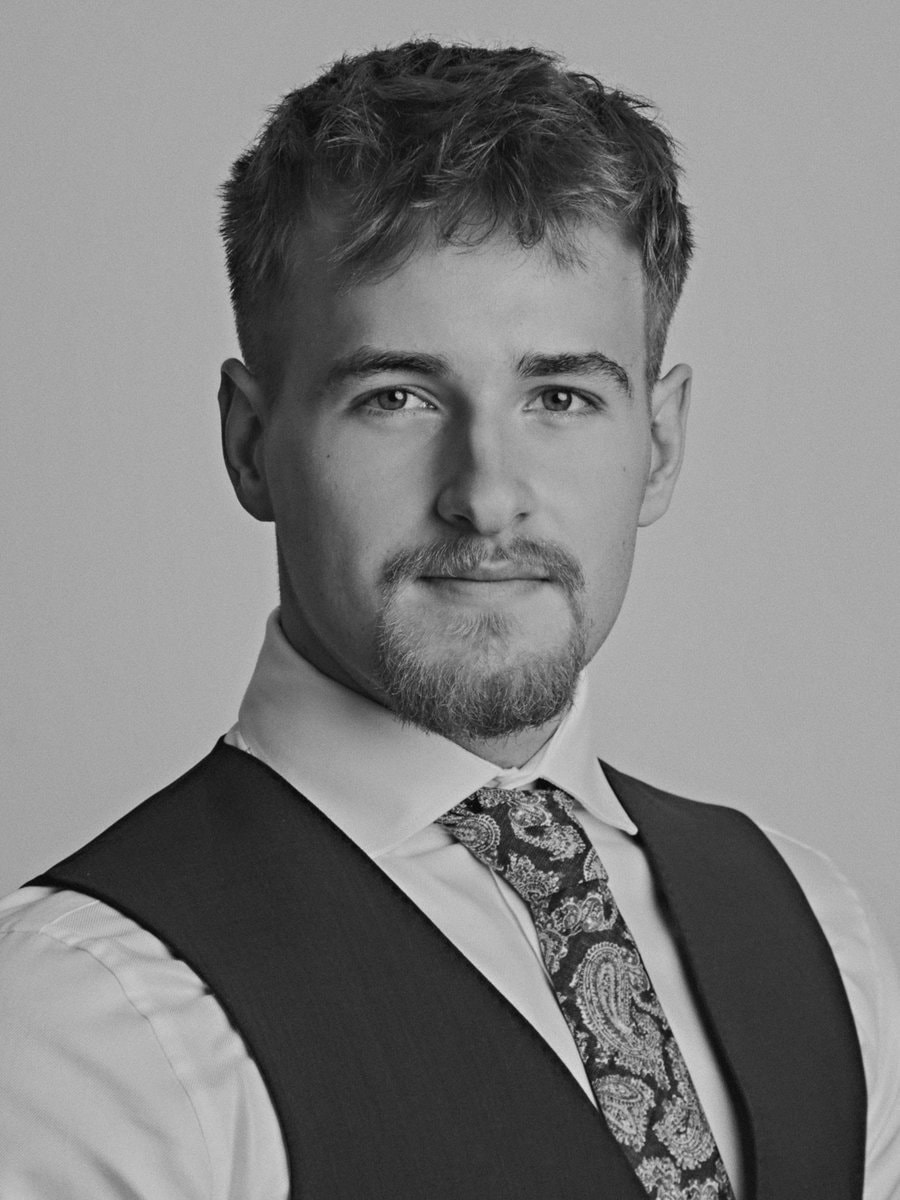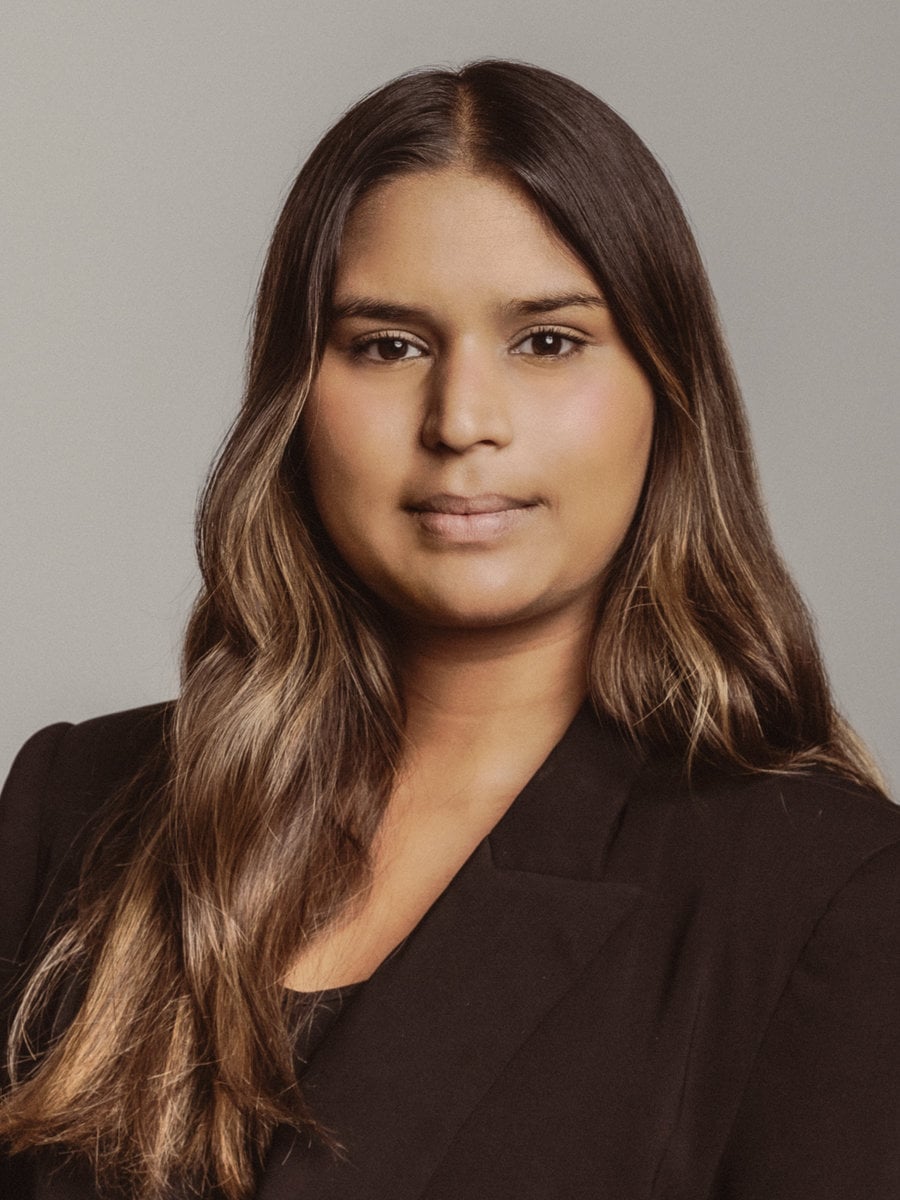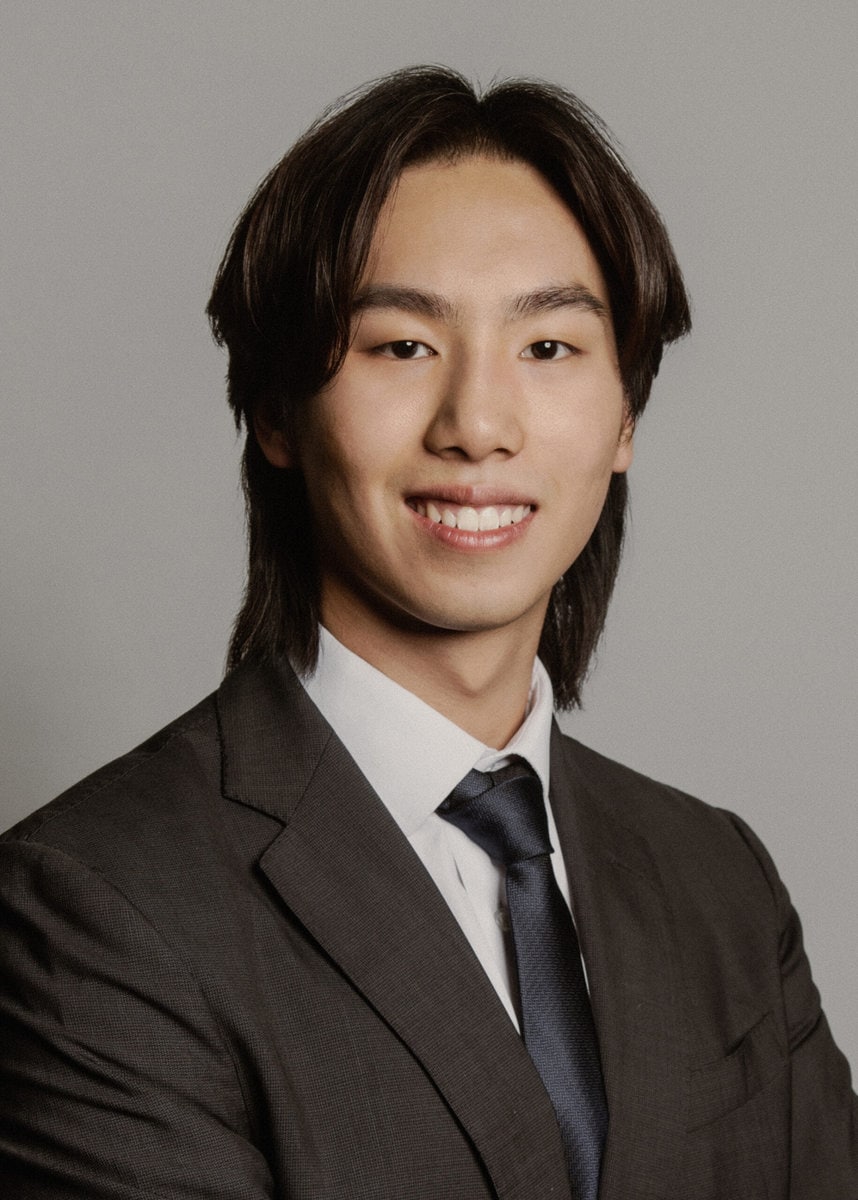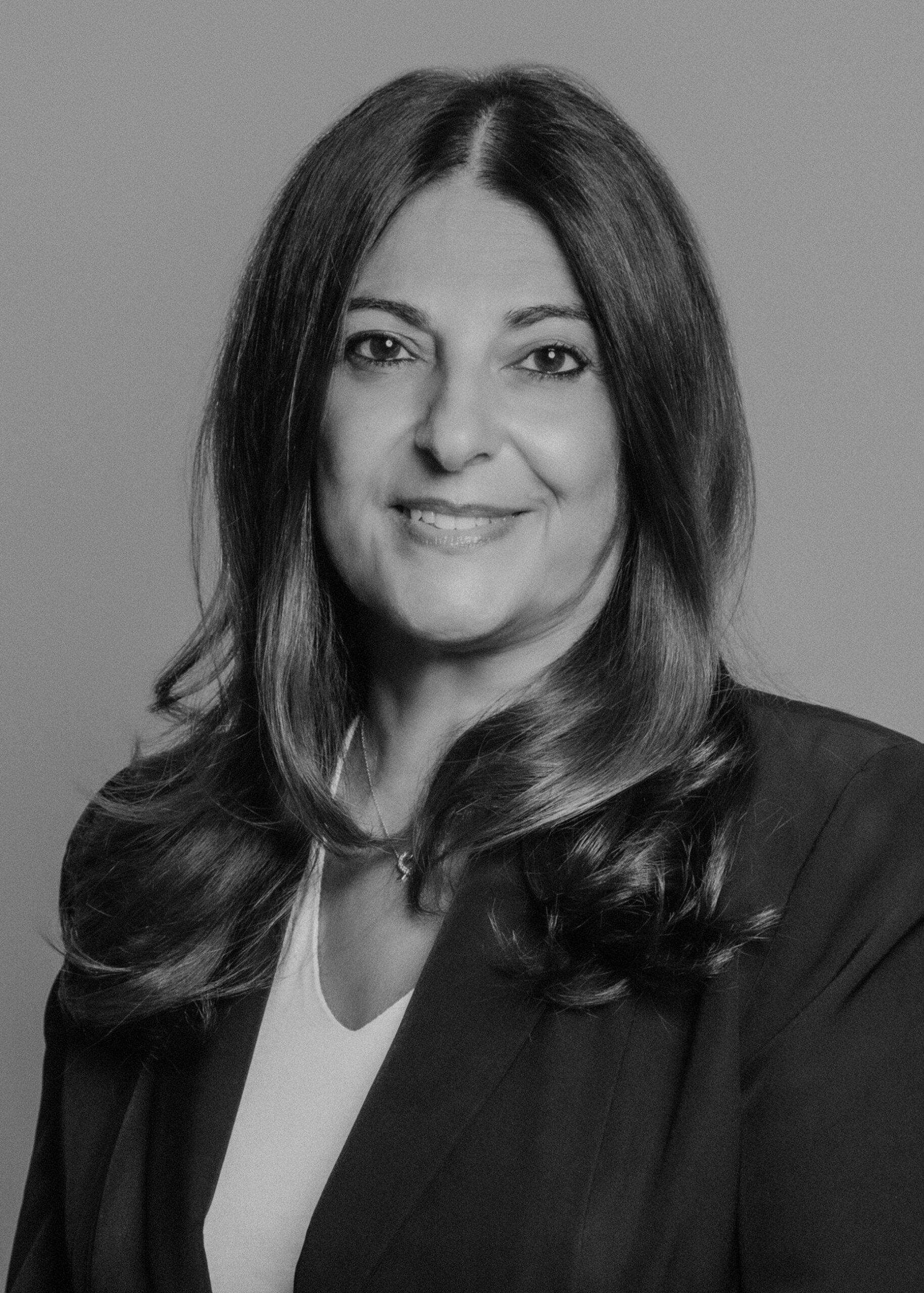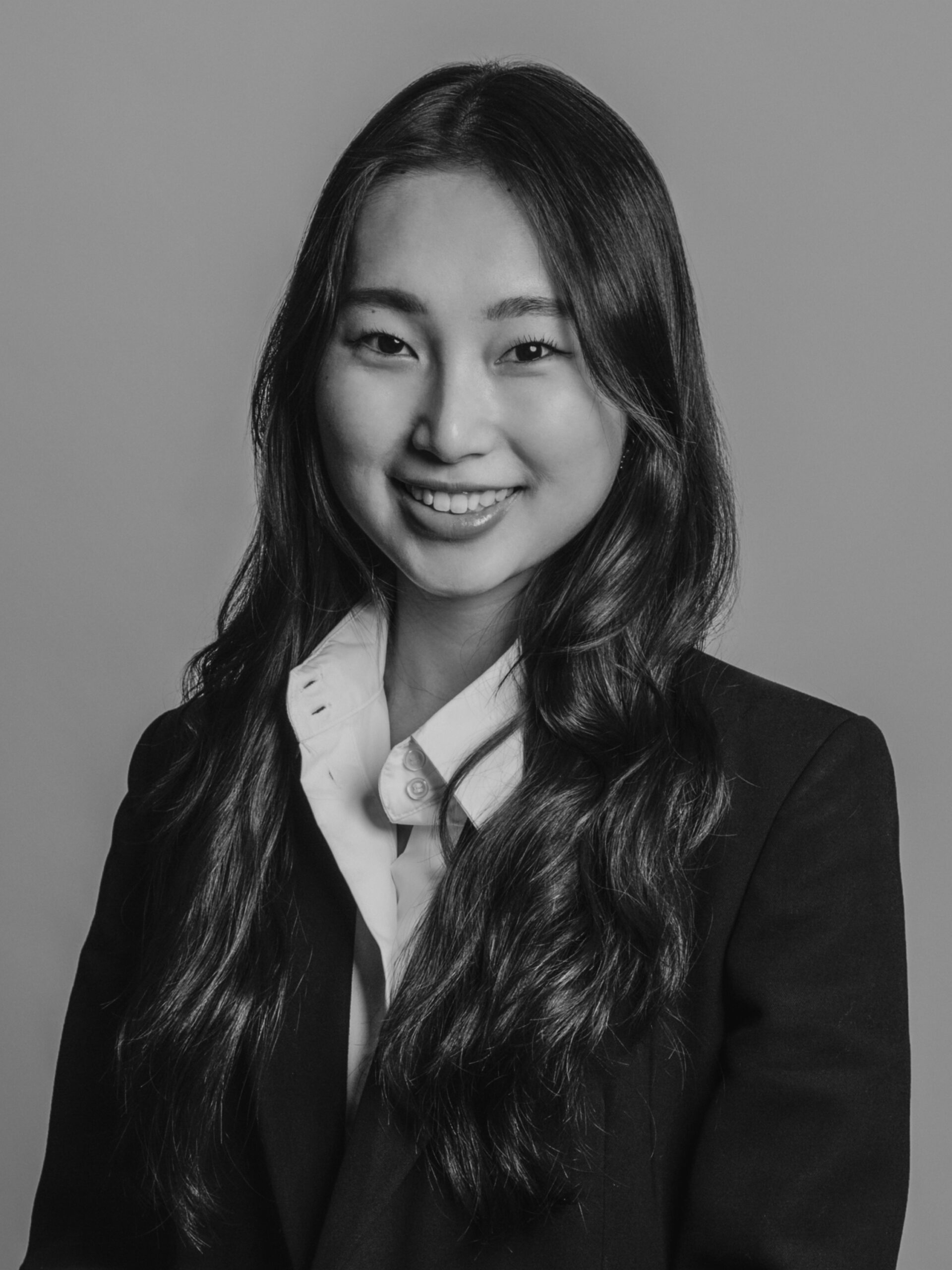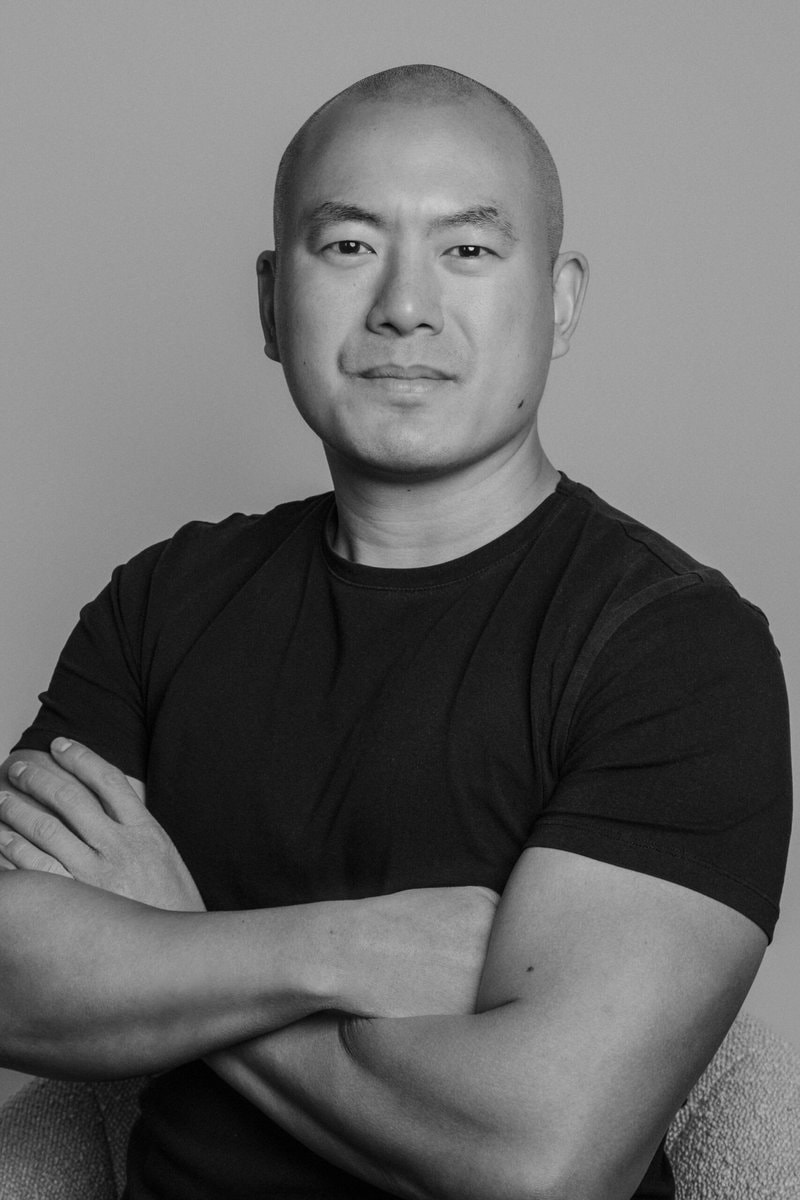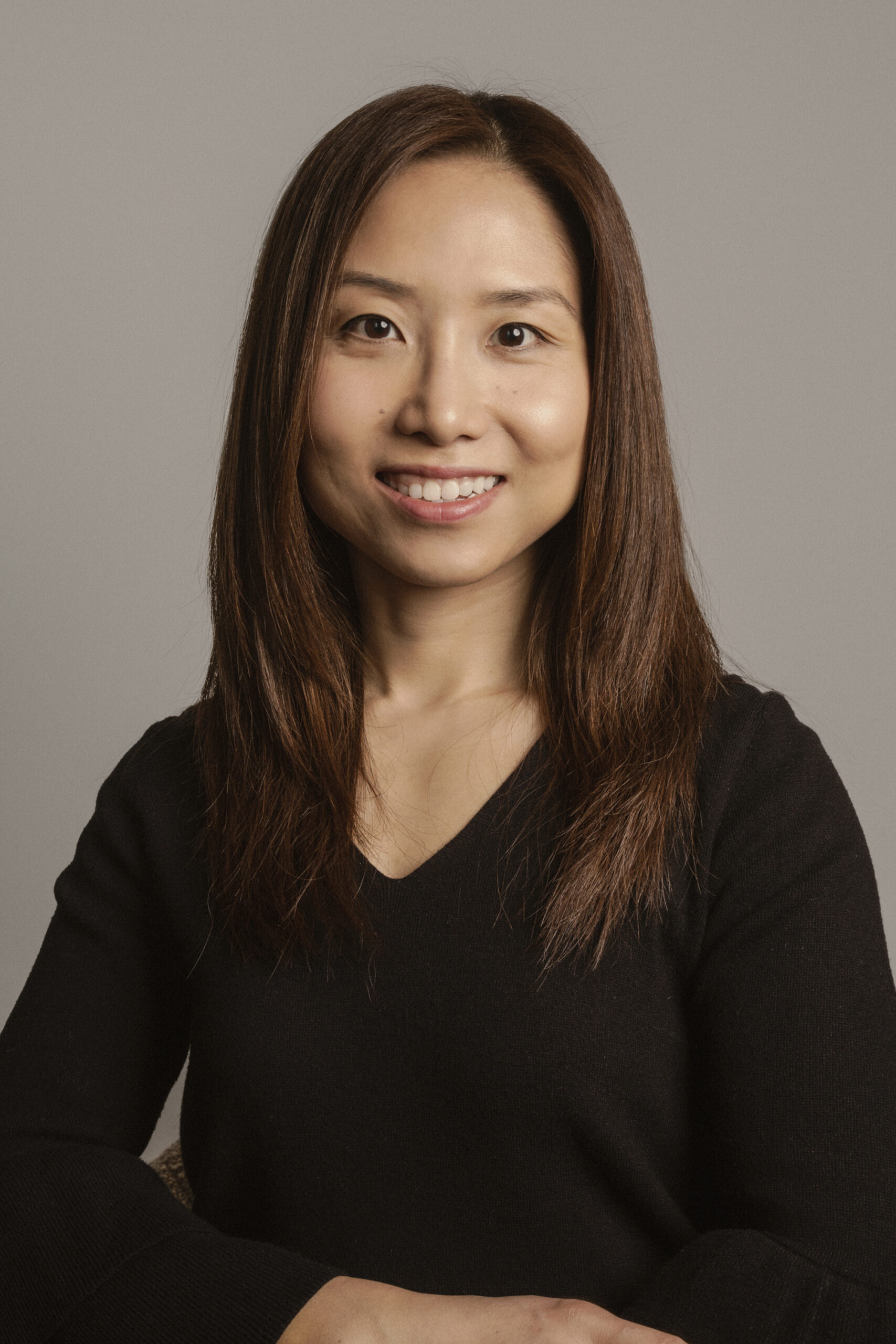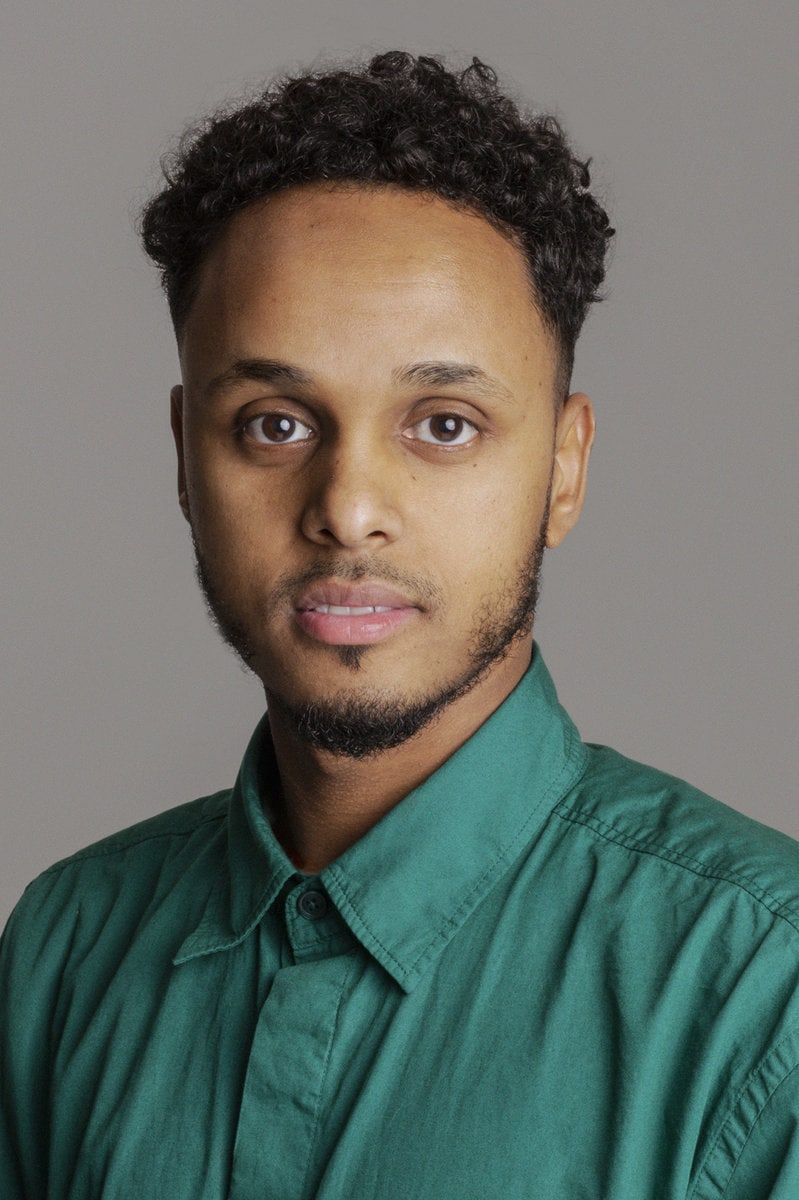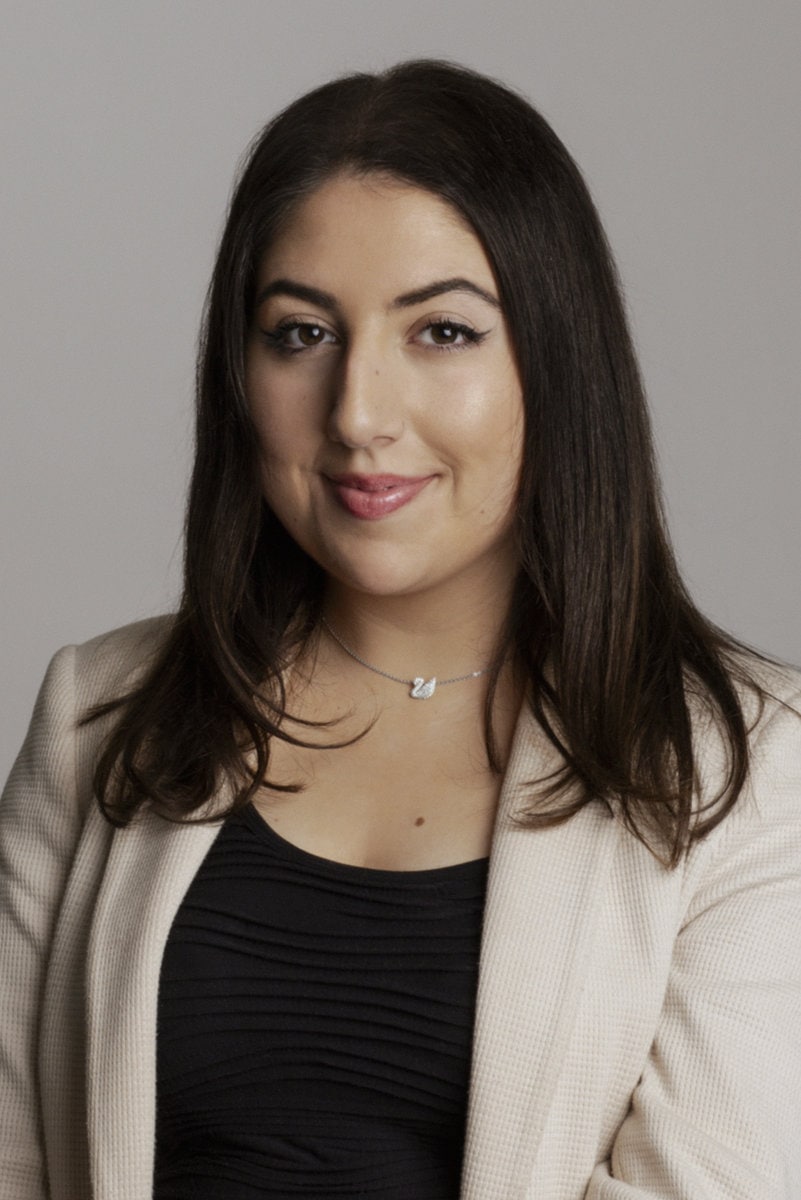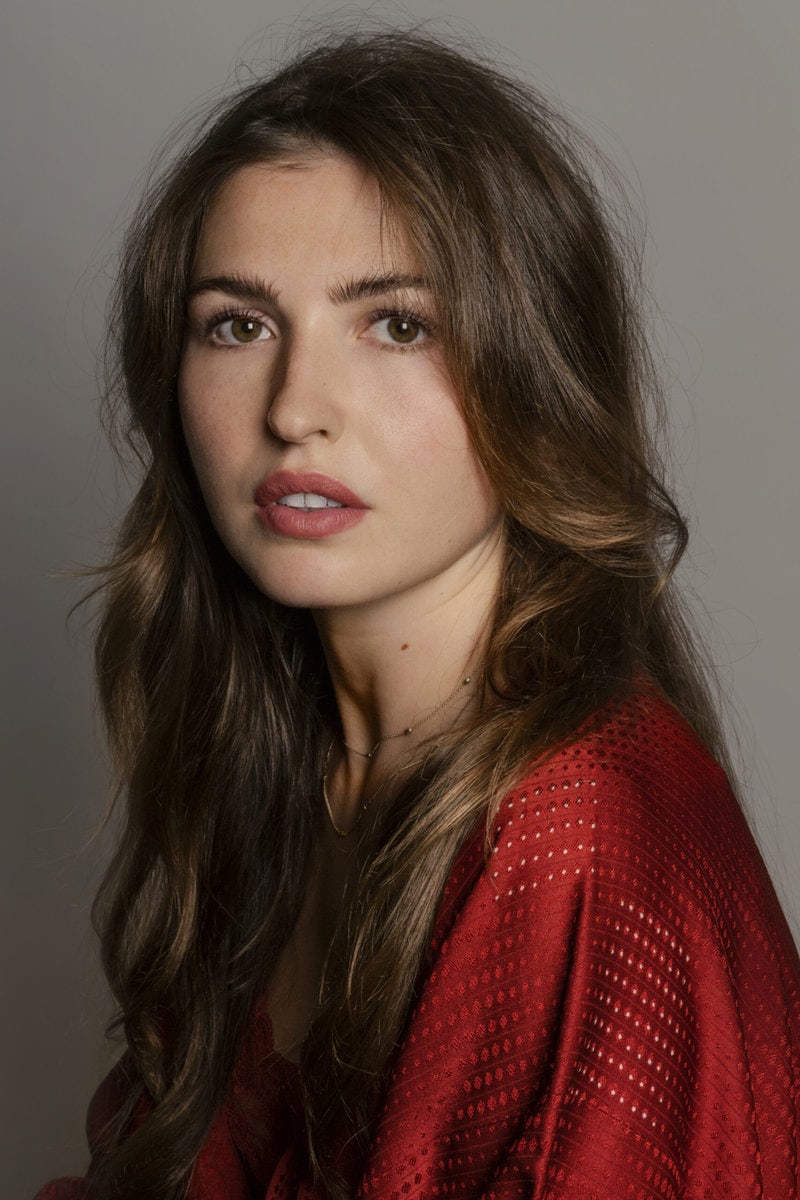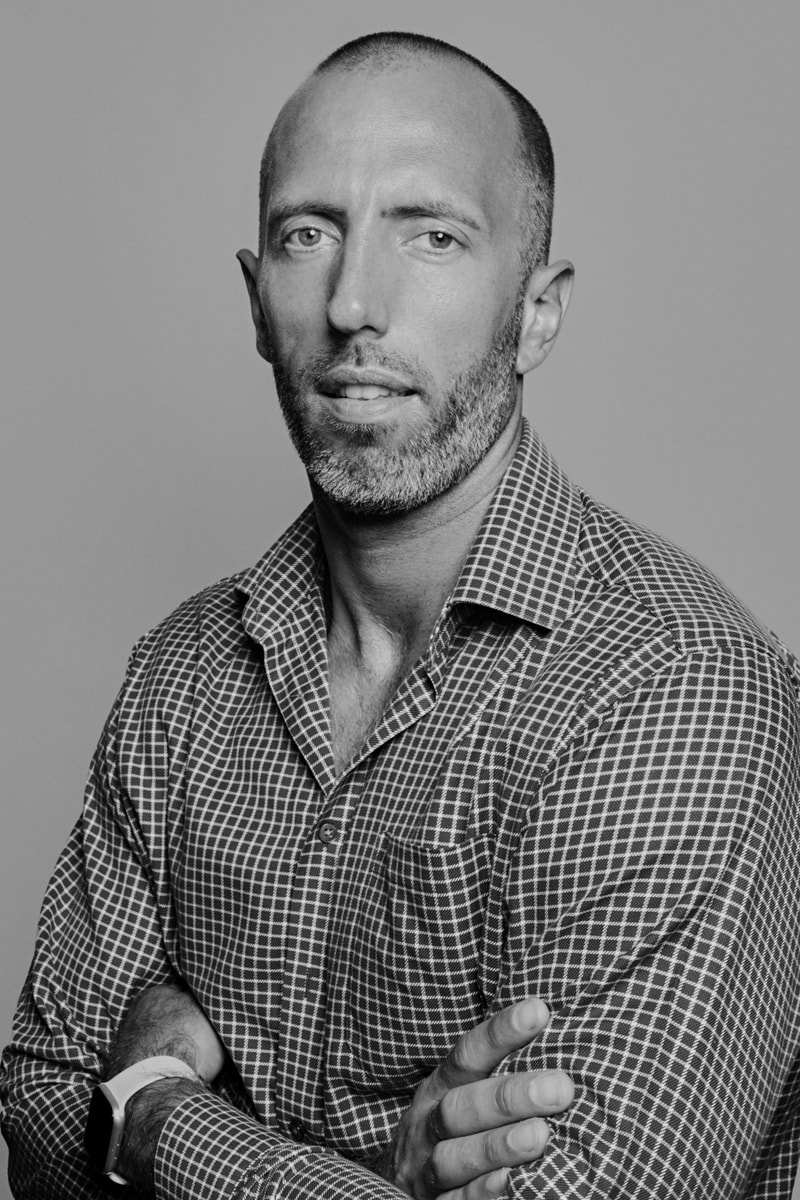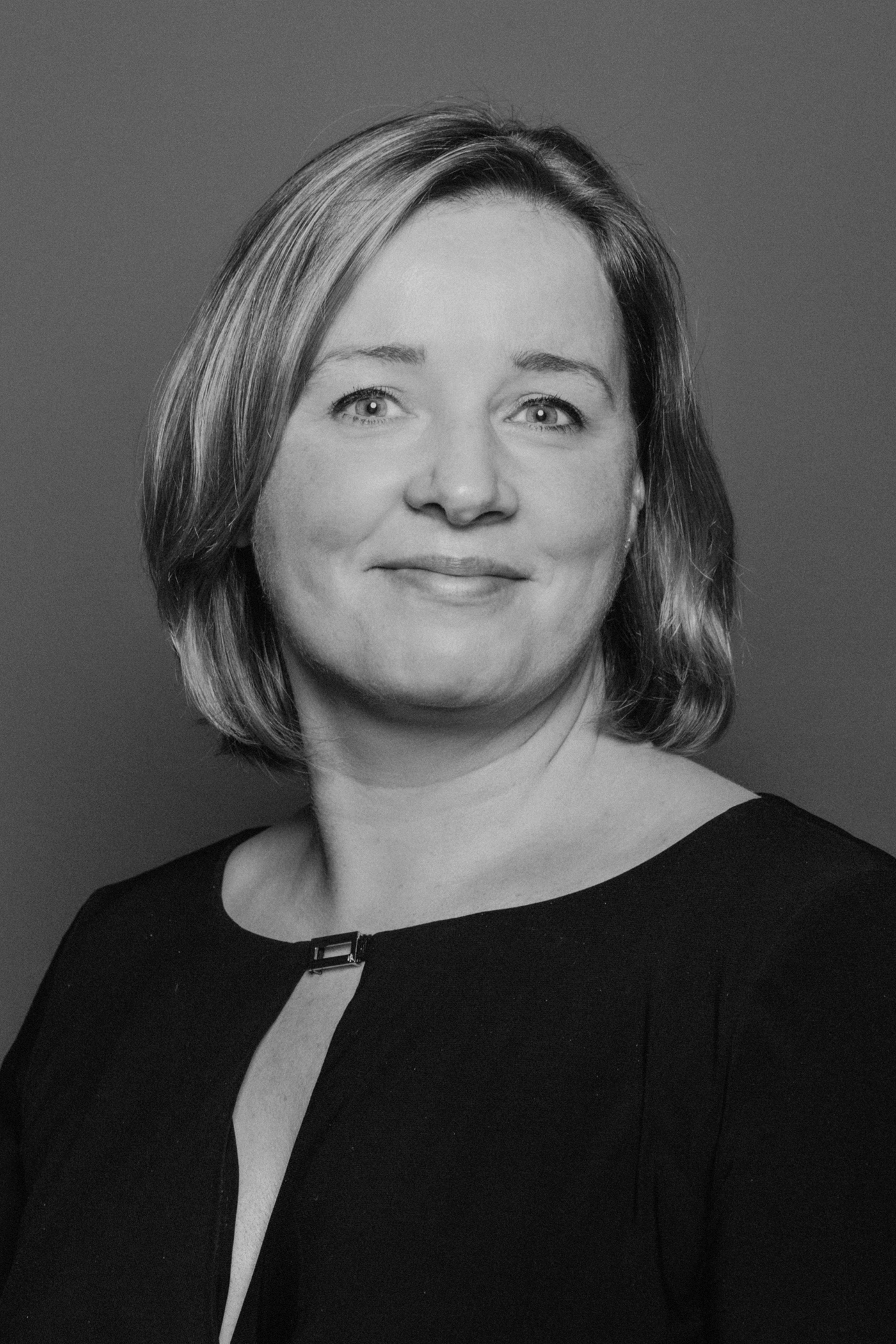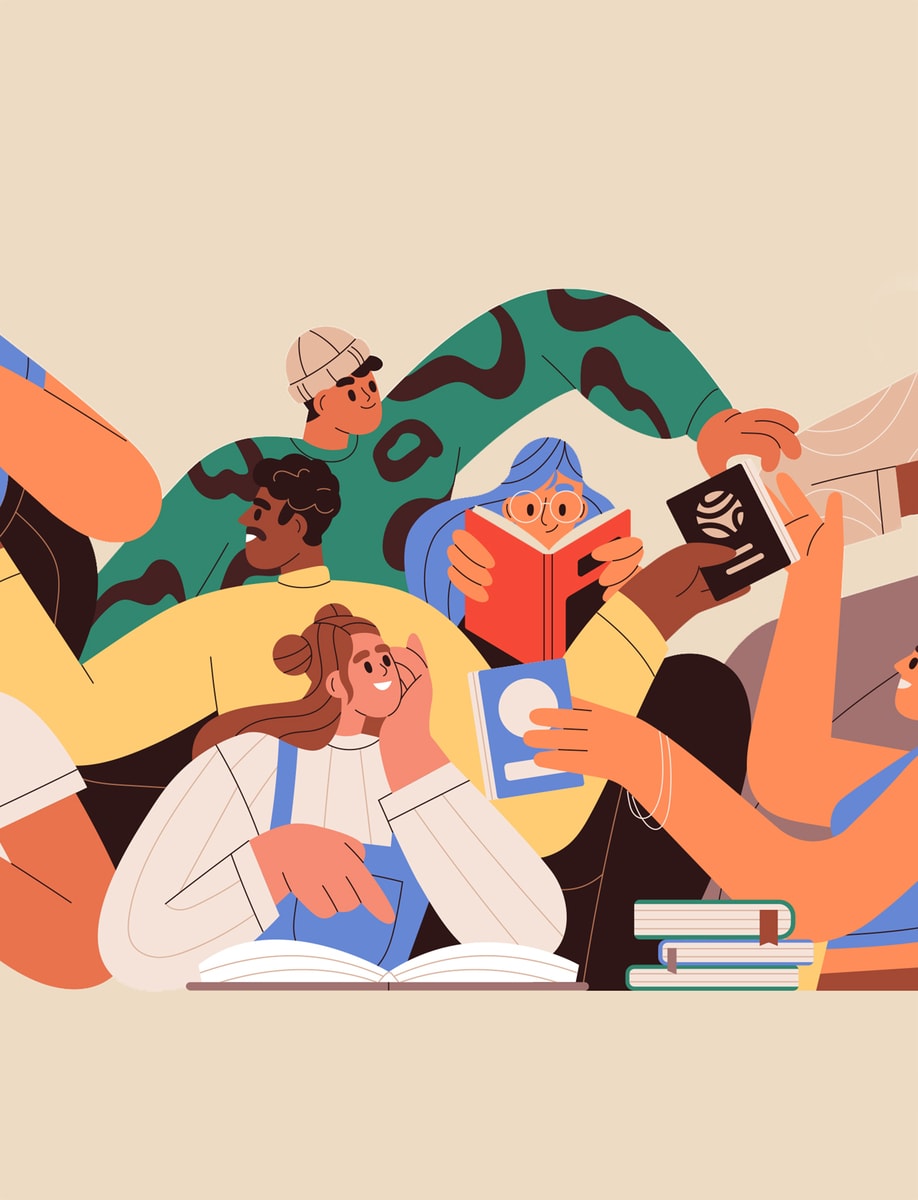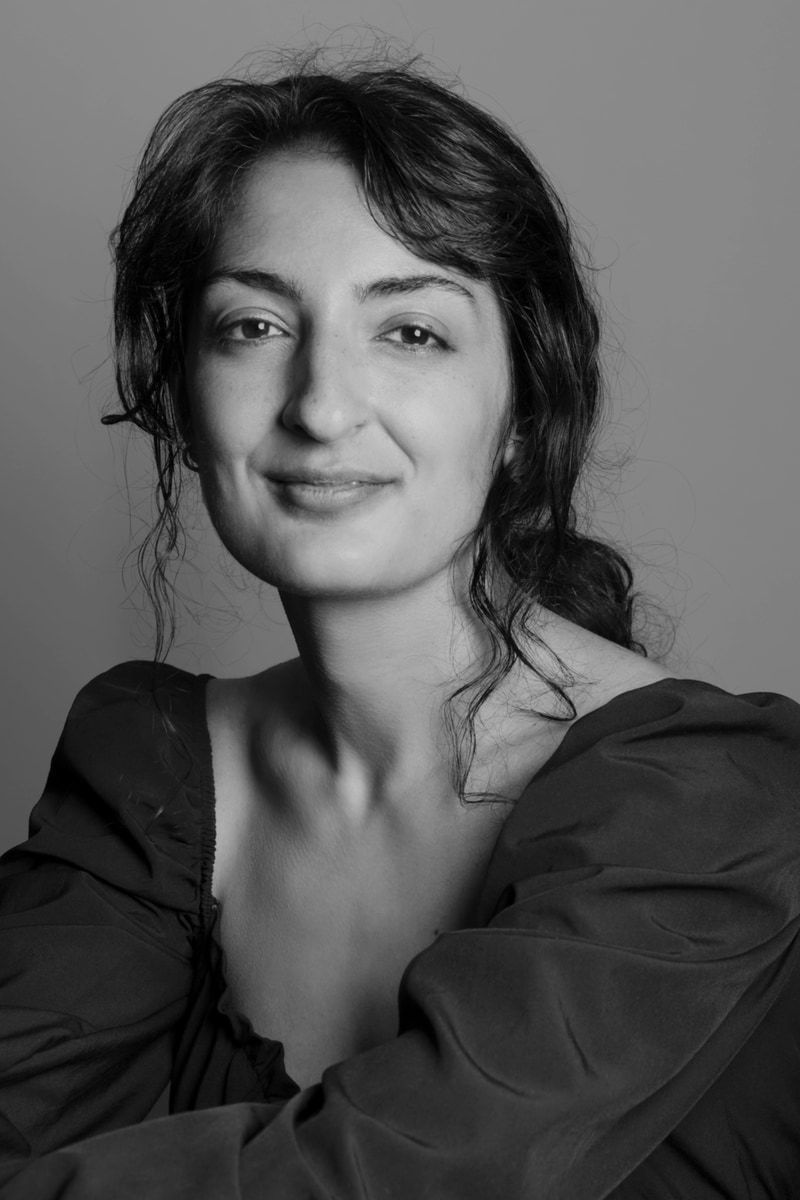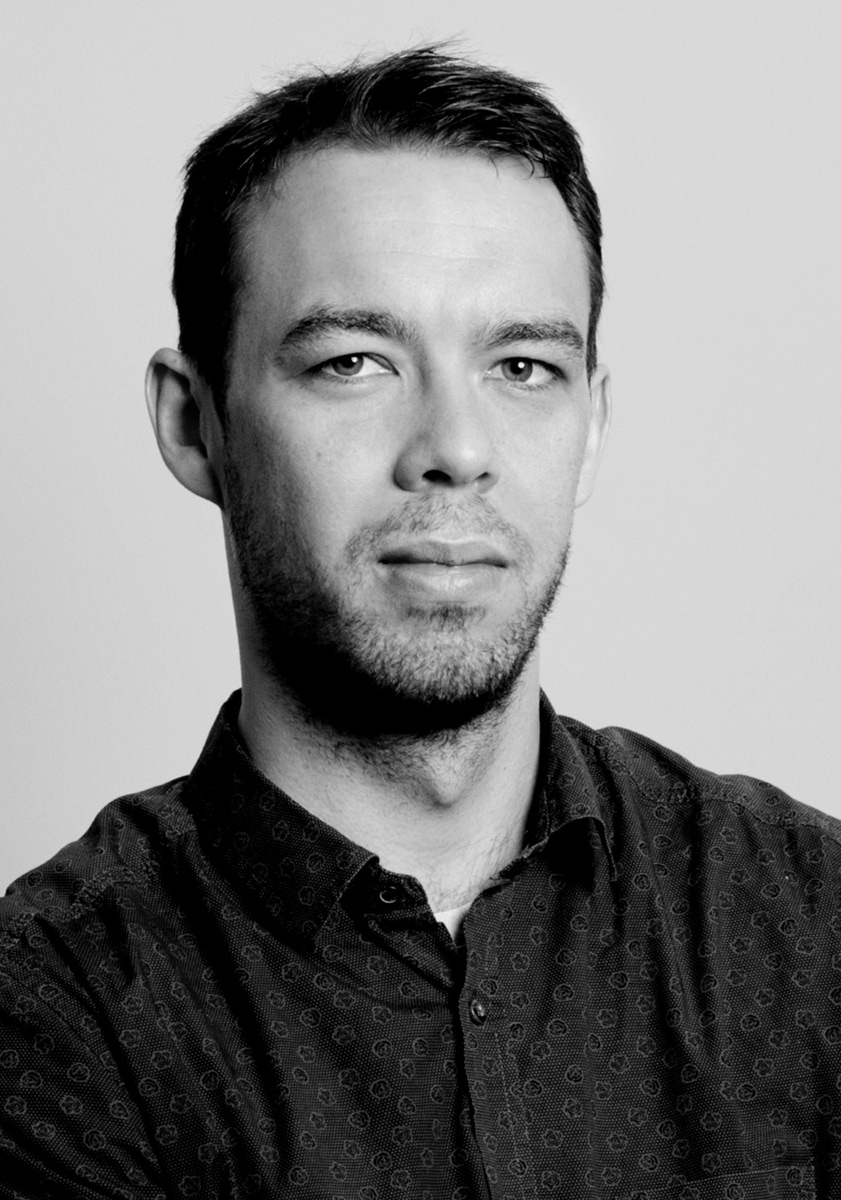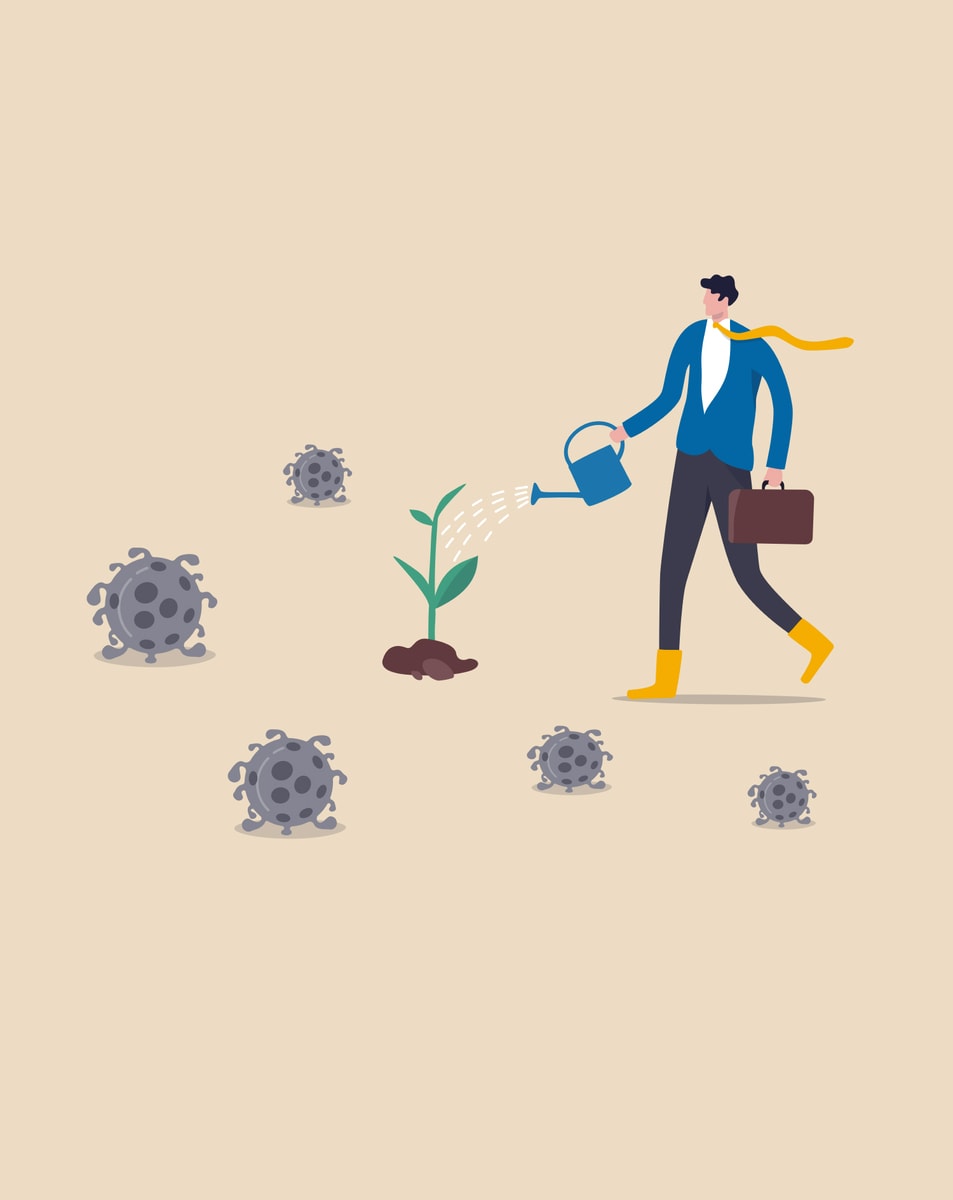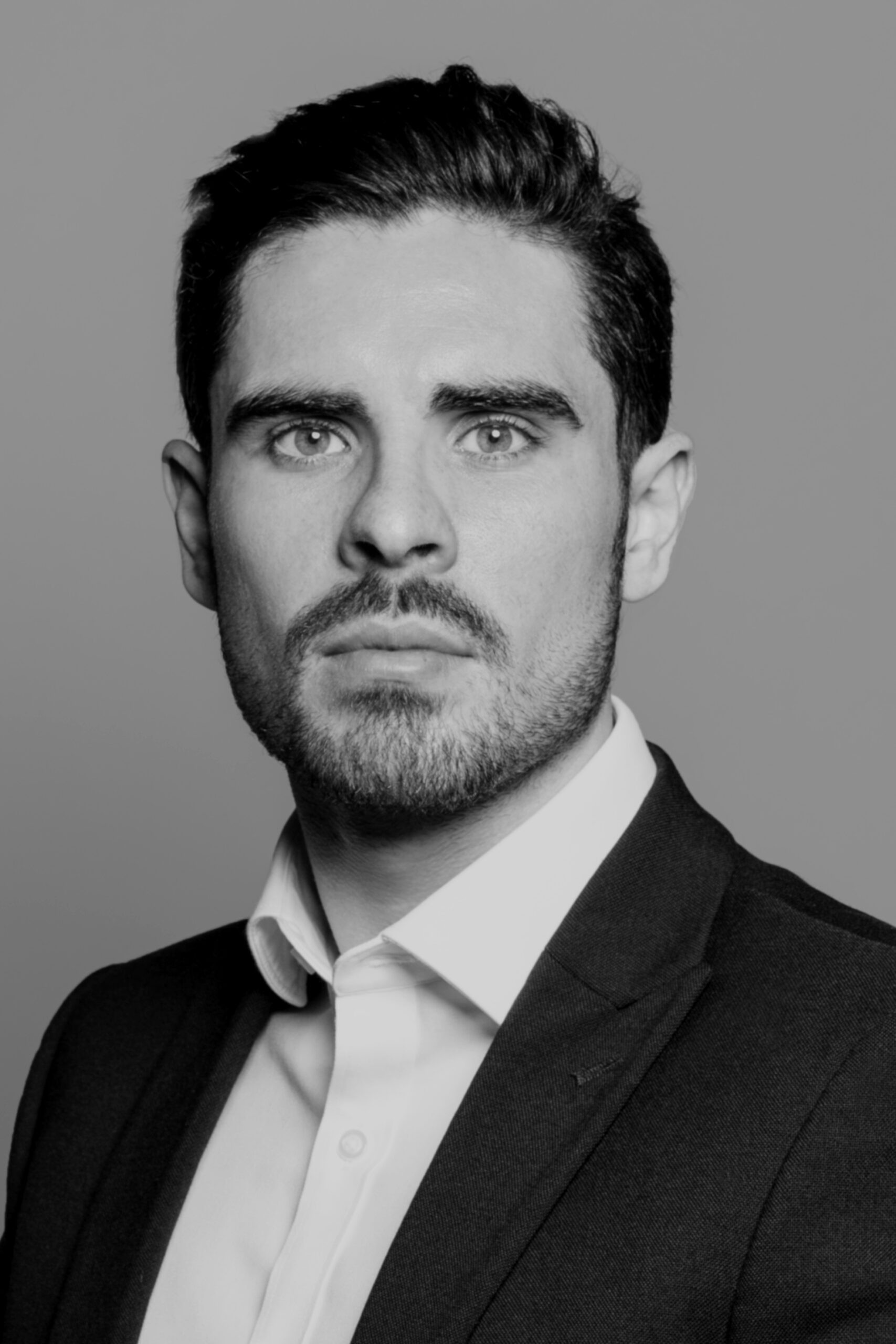Could you give me a brief tour of your career to date?
I started writing for a cycling magazine, when I was fourteen, called The Daily Peloton. I was just this kid who didn’t know anything about cycling. I was just pestering them at first but I ended up writing loads of things. From interviews to race reports. That gave me a head start and a grounding in cycling. Then I went on to university in York, which was a fantastic three years, doing English Lit. And the cycling, that took a bit of a back seat. But I continued doing student journalism there for a tabloid called York Vision. I’m from Croydon in South London. And Cycling Weekly is, as every cycling fan in the UK knows, a bit of an institution and also based in Croydon. So it seemed like fate.
After university, I asked for work experience there. Just for a few weeks. I’d worked the previous summer at Buckingham Palace. So the plan was to go back there after doing a few weeks at Cycling Weekly, but I had to cancel… on the Queen, because Cycling Weekly had asked me to stay on. They couldn’t get rid of me basically. And I did stay on for 3 or 4 years. I became, I think by the end, the chief reporter there. Doing a lot of news stories, turning round quick accurate copy, interviews. But also writing for the now sadly defunct Cycle Sport magazine. And that’s what I enjoyed the most: longer feature writing. Sitting down face-to-face and interviewing someone. Really getting to know them as a human being and as a cyclist and telling their story.
Then Rouleur got in touch – this was early 2013 – so I went along for an interview. I’d never really seen Rouleur – not properly, but they gave me some [magazine issues] after the interview. And I was like: ‘Yes. This is the place for me. This is what I want to do.’ Really on point journalism and beautiful documentary photography. The photography was on a different level – it was a different class to what everyone else was doing. It was original. I’ve been there for nearly nine and a half years now and I became editor four years ago. There is a lot of creative freedom. Which makes it a great place to work. You are the boss in the sense that you decide the theme and who you interview, and they let you just go out and do it and execute it well. I’ve been all around the world with Rouleur. Gabon, Cameroon, France Italy, Spain – you name it – California. That’s my career so far.
“
I’d worked the previous summer at Buckingham Palace. So the plan was to go back there after doing a few weeks at Cycling Weekly, but I had to cancel. On the Queen. Because Cycling Weekly had asked me to stay on.
“
What did you do at Buckingham Palace?
I was 20 years old and I was a summer tour guide. It was a combination of handing out audio guides and recharging them and being a tour guide inside Buckingham Palace. So, explaining who these paintings are of and who painted them. Guarding and watching to make sure nothing went wrong and to make sure people don’t touch the priceless marble table. And they do. Because if you put a sign that says: ‘Do not touch.’ What do people want to do? They want to touch it.
In what way has your job changed since becoming editor?
You have to be more commercial – this is one of the realities of any journalism. You could do the most original, amazing creative feature – and we have – but if you don’t market it well then no-one’s going to see it. And that would really be a shame. Good journalism is nothing without good marketing. And good marketing is nothing without good journalism. They work hand in hand. That was something I had to learn at the start. You just become a bit more organised. And you have to be. With deadlines and placing people, contacting people. But it’s been nice to build up a loyal group of quality contributors from around the world. For example, if we have an idea that’s based in Italy or Spain, I know right now I could tell you who is right for that job. You have this relationship that is beyond work really. That’s a nice thing. It’s not like you go on these jobs and it’s just functional. You have fun with your colleagues basically. But that’s why people keep coming back to Rouleur. It isn’t just what we produce. It’s because there is a personal relationship there: a friendship. I think that’s probably a bit different to other magazines.

What did you love about writing at such a young age?
I was good at it. At school, I would always get high marks – that motivates you. My parents always encouraged it. I’m a triplet. I have two sisters who are also very creative and very good writers. We were always writing stories when we were kids. In the back of the car on the way to holidays and long drives – I was always doing it. Always practicing but not consciously. You are doing it because it’s fun. It’s playing, basically. So, I guess all those factors. Also with writing, there’s a cut through. When you say exactly what you want and you’re accurate. And you’re telling it in the most beautiful or the most clear way possible, which is what the best journalism is, that’s really compelling and something to aim for. I suppose for me – it’s addictive. When you write a good feature, or when you write a good magazine, you want to do it again. And again. Once the next one’s out and you’re happy with it, and it’s like: ‘Great. On to the next one. How can we make it better?’
What are your thoughts on journalism’s important role in truth?
Especially now, I think it’s more and more important than ever. Accurate journalism that speaks truth to power in this whole fake news, cancel-culture society that we live in. You need journalists who are completely straight and accurate, who can help to change the world in small and big ways. This was a recent instance: in The Guardian there was an exposé on the actor Noel Clarke who was being alleged of harassing 20 women over the last 20 years – just after getting a BAFTA. It’s completely crazy but that’s brave journalism. And damning journalism – that’s the best kind of journalism. It’s crucial really – there are blogs and opinions everywhere these days. And twitter – it’s gotten pretty toxic. That’s why accurate factual journalism is so important.
“
There are blogs and opinions everywhere these days. And twitter – it’s gotten pretty toxic. That’s why accurate factual journalism is so important.
“
What do you love about working at Rouleur?
The creativity and the breadth of it. At Rouleur, myself and Ian, who is the executive editor, we decide everything. The theme, who we interview. We either write it ourselves or we commission people. You’re building your own little world, basically, in every magazine – for the readers to enjoy. So, I suppose it’s a vicarious pleasure. You want to have some features in there that surprise or delight them. I really enjoy exceeding everyone’s expectations.
What’s your least favourite thing about your job?
Deadlines. They’re part of life aren’t they? But they sneak up on you and you’re always working hard towards them. In a way, you get used to them and the magazine always gets done. But it can be a race. It can be a rush. Which is a good thing because the adrenaline on press week is just insane. But that can be a bad thing because it does tire you out and there can be some late nights.
“
With writing, there’s a cut through. When you say exactly what you want and you’re accurate. And you’re telling it in the most beautiful or the most clear way possible, which is what the best journalism is, that’s really compelling and something to aim for. I suppose for me – it’s addictive.
“
Have you had a favourite project at Rouleur?
The favourite is… I think it was 2018 Paris-Roubaix. And I said, next year, we’re going to do a whole issue on Paris-Roubaix: We love Paris-Roubaix. But we knew we had to go to the race the year before to get everything. Because you only get one shot.
So, it was me and Ian and several Rouleur photographers. Some from the UK, one from France. We got an Airbnb in northern France for the whole week. You’re working hard during the day. Just getting under the skin of Paris-Roubaix in a way no one else had before. In the evening, you’re having nice dinners and chilling out with friends and colleagues. So, you’re working. But it doesn’t feel like work.
Then on race day it was just the biggest rush. Paris-Roubaix is my favourite race. I’ve been every year since 2013. But we sat down the day before and we planned it so we could watch the race pass six times. Now if anyone’s been to Paris-Roubaix, they’ll know that Compiègne to Roubaix is pretty much a straight south to north, and it takes you a day to see it three times, let alone six times… my god. We were driving like maniacs on a Sunday. I sliced my finger open carrying a step ladder. I was carrying it for Michael [the photographer] so he could get a higher vantage point on the cobbles. I’ve still got the scar – it looked ridiculous – because then we had to run back to the car after that instant. So there’s me bleeding profusely, whilst carrying a step ladder under my arm like a fireman, whilst the race is still passing. It was a fantastic week. But the main upshot was that we then produced a fantastic edition. Original. With a nice, illustrated cover – really told the whole story of what Paris-Roubaix really is. So it was timeless, and it sold really well. So that one was special.
What do you love about Paris-Roubaix?
It’s a rush. Race day is organised chaos. If you’re following it as a journalist or a photographer – maybe it will be different after the pandemic – but the riders come in, and they finish, and there is a grass field in the Roubaix velodrome, and they just flop down – exhausted, and you just talk to them. Which is exactly what it would’ve been like fifty/sixty years ago. That proximity – that’s different to everything else – to any other race. And you get great quotes. It’s an emotional place. Everyone’s got a story from Paris-Roubaix. The person in first, the person in last, the person in the middle. That’s also really different to any other race.
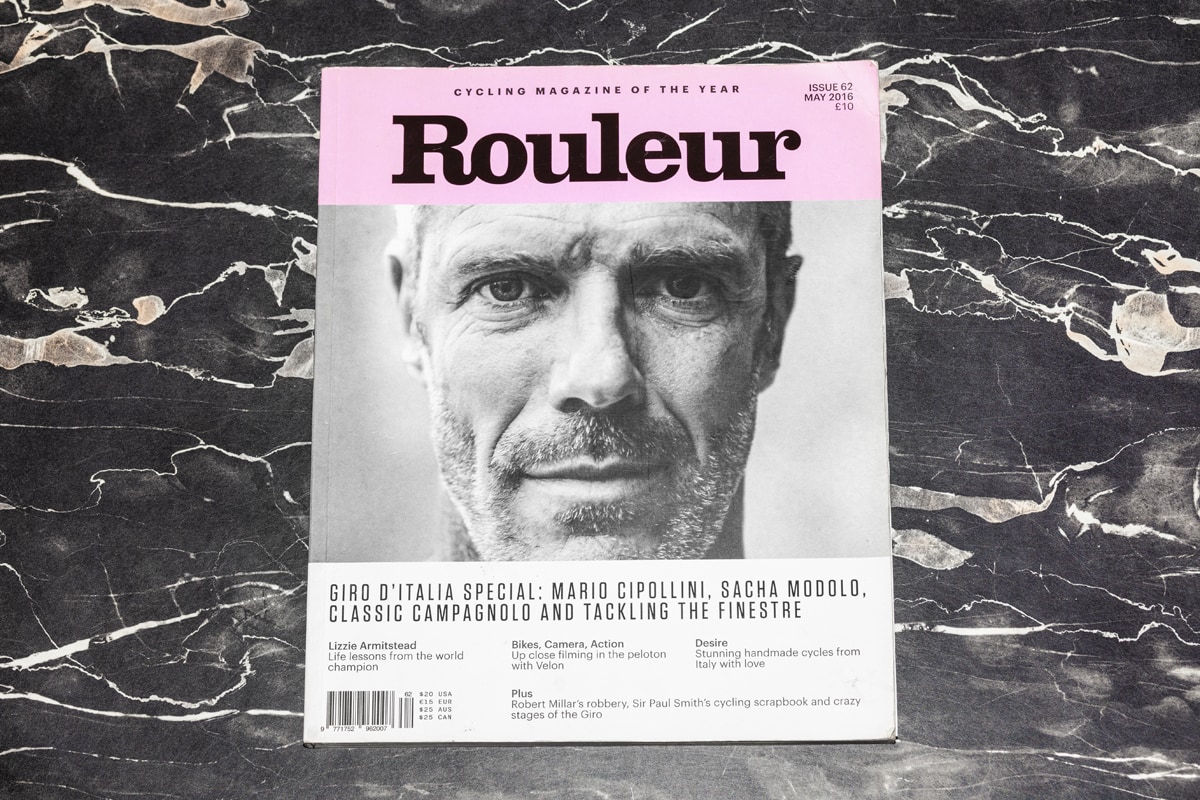
You’ve been writing from a young age, where did this work ethic come from?
I just had something inside me, not massively consciously, that with hindsight it’s easy to say: ‘I wanted to be a cycling journalist.’ I wanted to be a journalist and I was obsessed with cycling. It didn’t feel like work so much. Especially when I was younger. It was just something fun to do. It is a luxury to do what you love and I haven’t taken that for granted – at all. And you do work hard, but the reward is immense, just for readers – to see how much they like it. But the work ethic? I wouldn’t say I was the hardest working person in the world – not even close. But when it comes to journalism, and that magazine, and writing my books, I am a perfectionist. That’s the only thing in my life that I’m a perfectionist in. That means I will go the extra mile to try and make sure there is not a single mistake in Rouleur, and there’s like, thirty thousand words in every issue. But I just hate it when someone finds a mistake. It’s that kind of obsession. It has to be the best. Which, that kind of work ethic can be a problem – to be a big perfectionist. So, I’m aware that no magazine can be perfect. Because of deadlines and constraints or budget or this or that. I suppose that’s where the whole hard work comes from – because I’m passionate and I’m invested. And obsessed I suppose, still.
“
I will go the extra mile to try and make sure there is not a single mistake in Rouleur, and there’s like, thirty thousand words in every issue. But I just hate it when someone finds a mistake. It’s that kind of obsession. It has to be the best.
“
If you could pass on one piece of life or business advice, what would it be?
Can I cheat and pass on a few pieces of advice? The unofficial Rouleur motto is:‘If it was easy, it wouldn’t be worth it.’ Some of the features we do take months, like the Paris-Roubaix issue happened a whole year before. Of course it wasn’t easy. But it wouldn’t be special and different or original would it? It wouldn’t be Rouleur. My dad said: ‘Always have a firm handshake and look someone in the eyes.’ Even though handshakes are probably now a thing of the past with the pandemic. The third one, it’s probably a cliché, but it’s a Maya Angelou quote, which is: ‘When someone shows you who they are the first time, believe them.’
www.rouleur.cc

